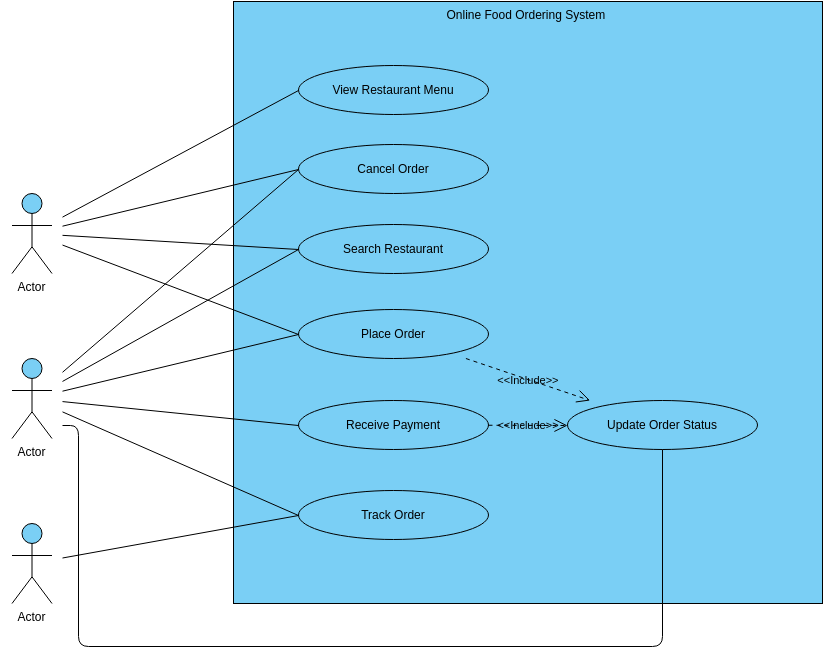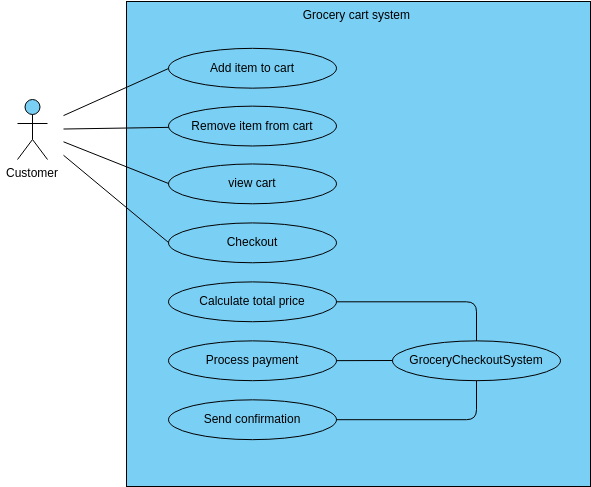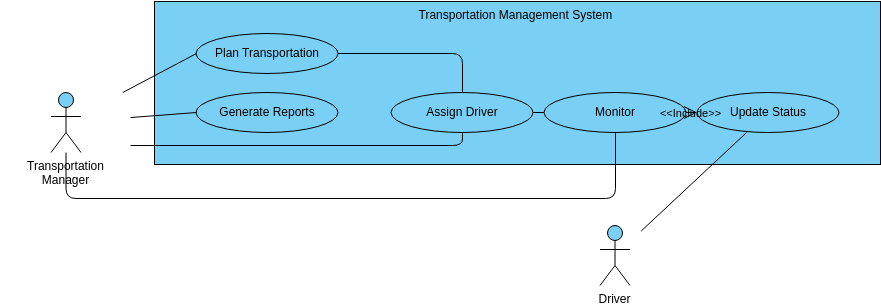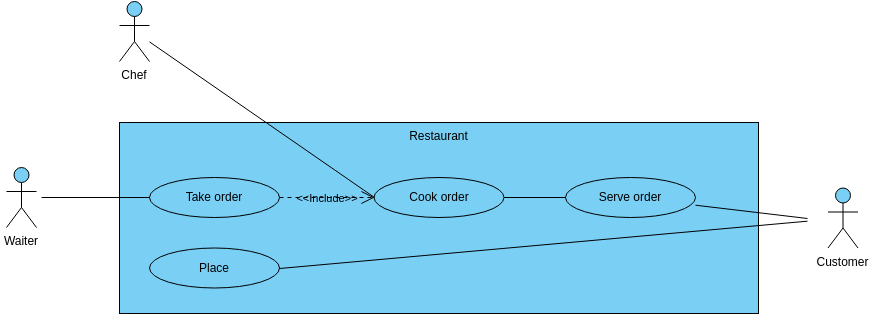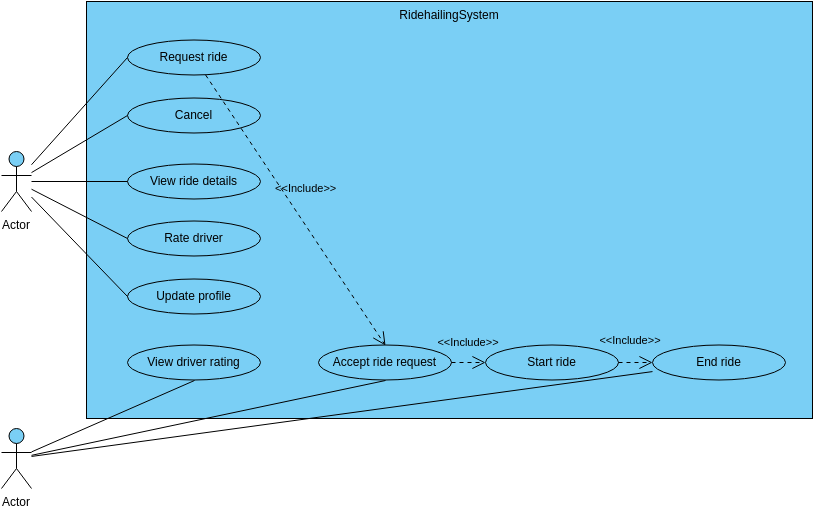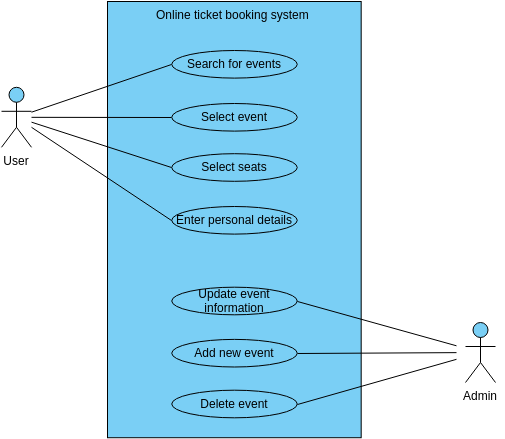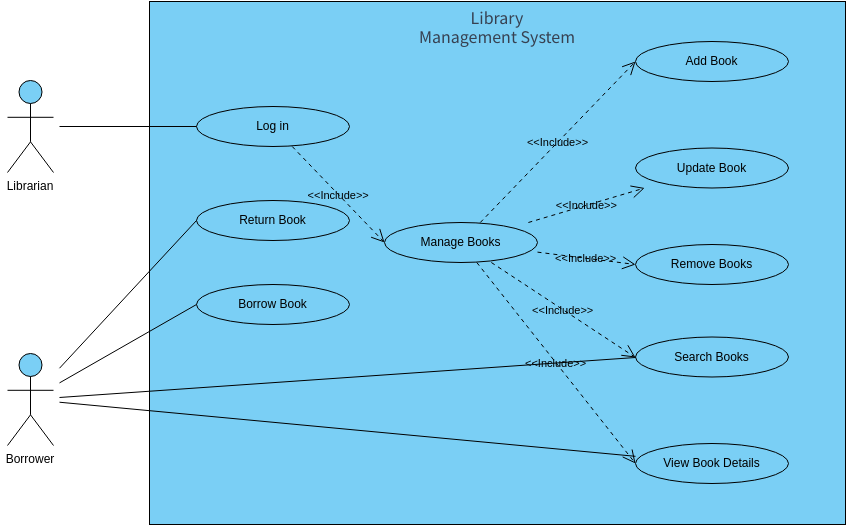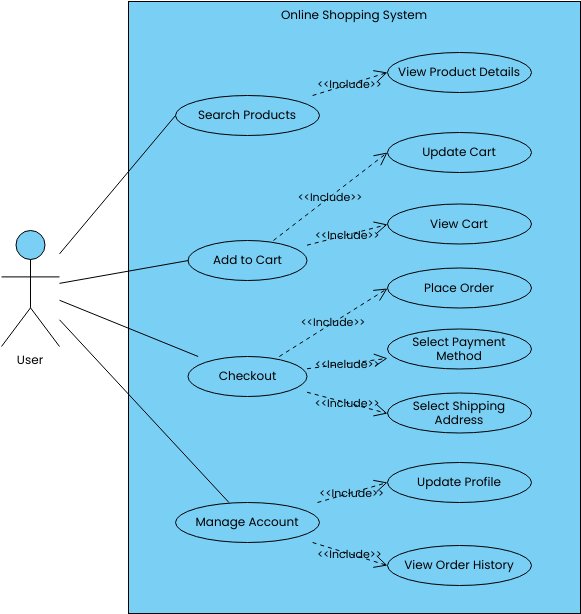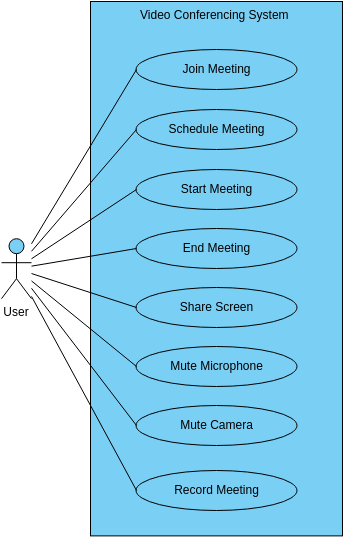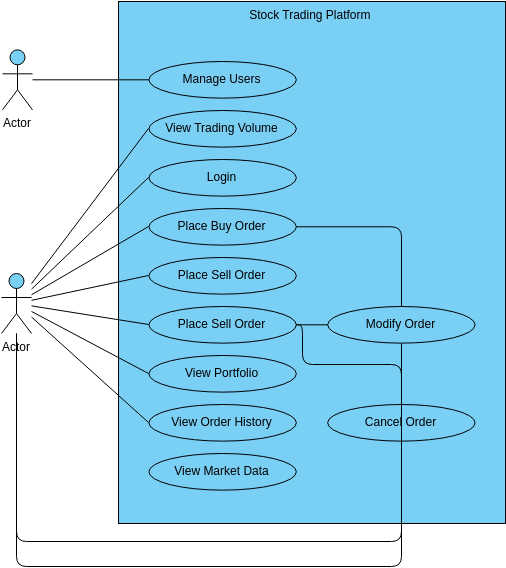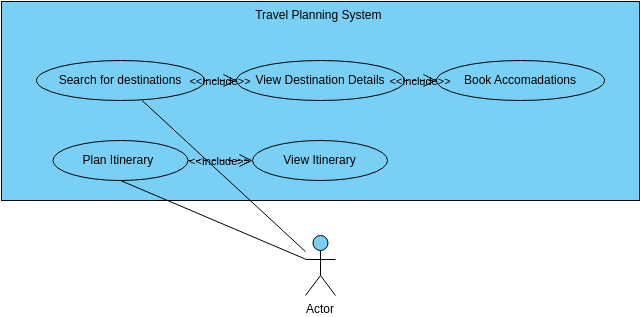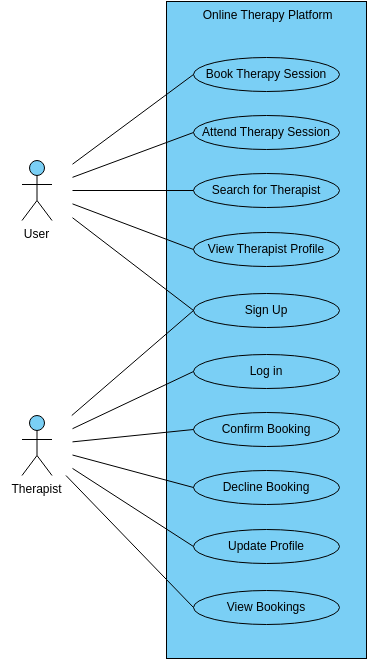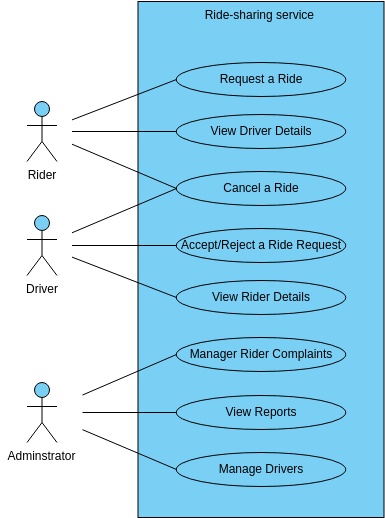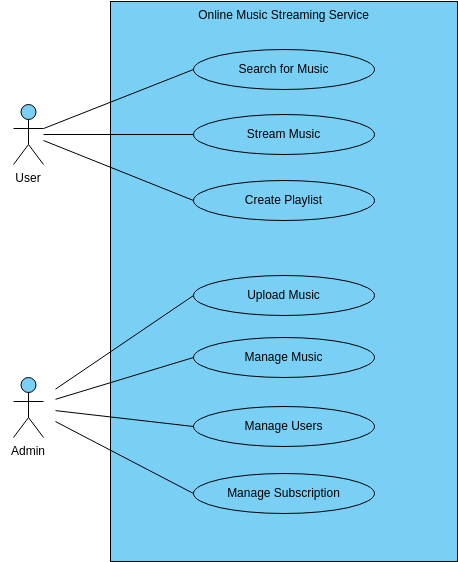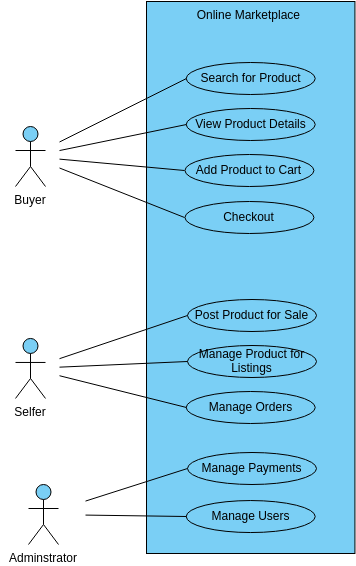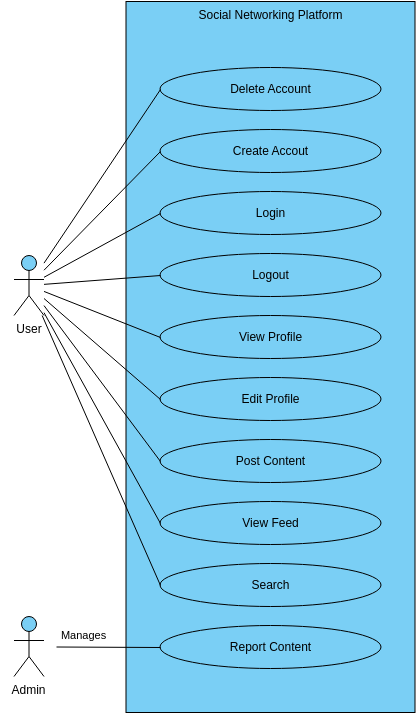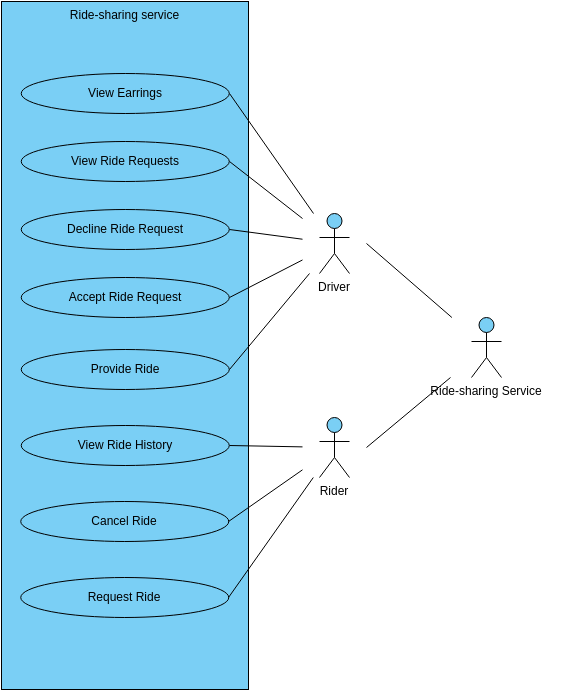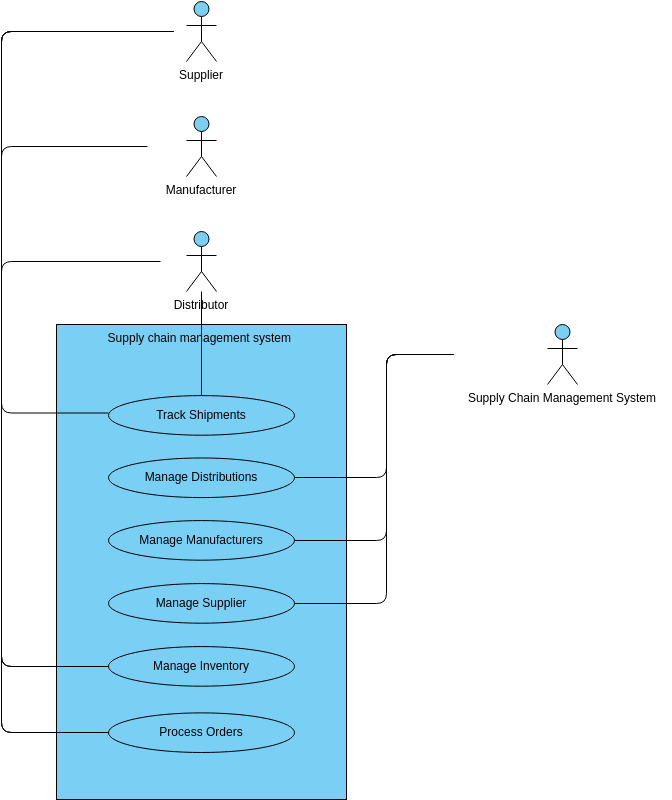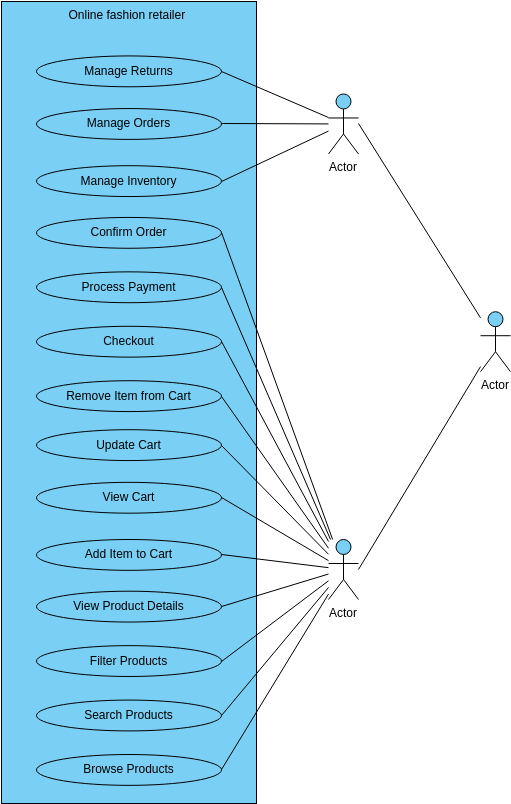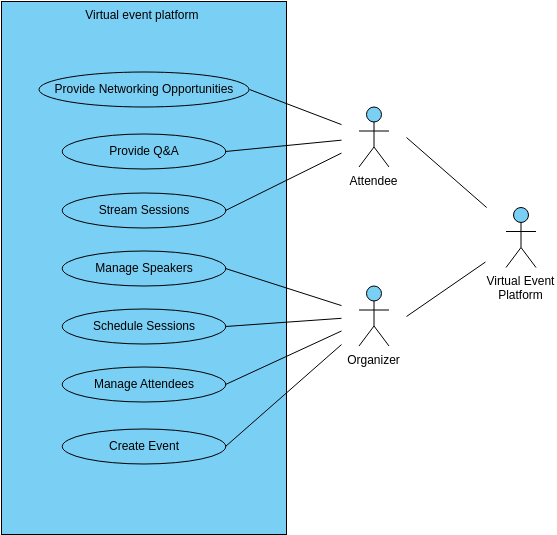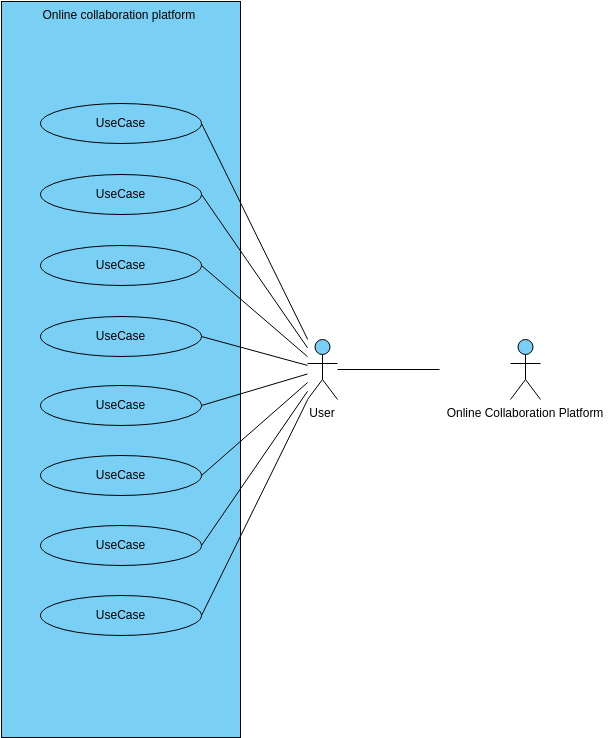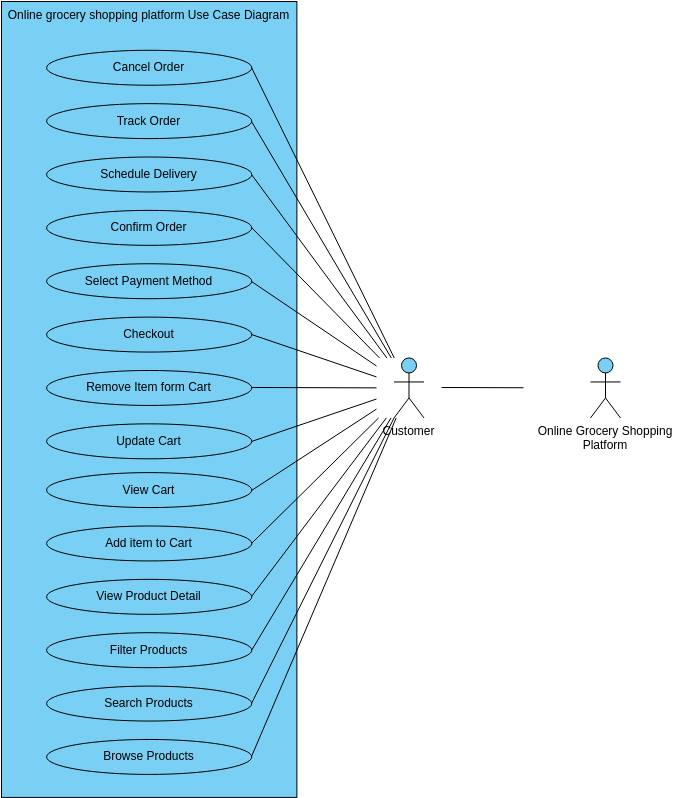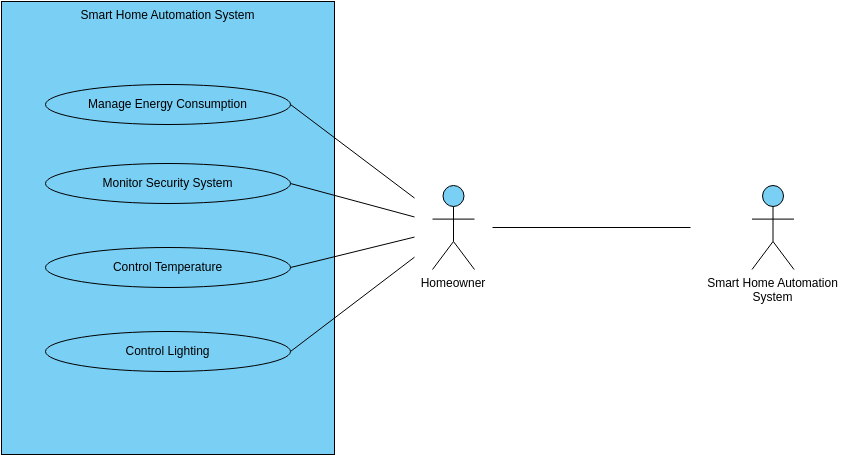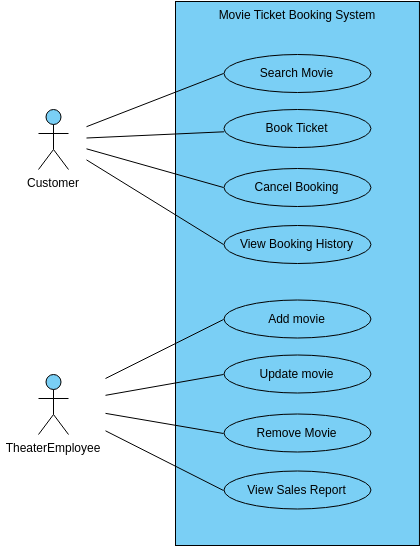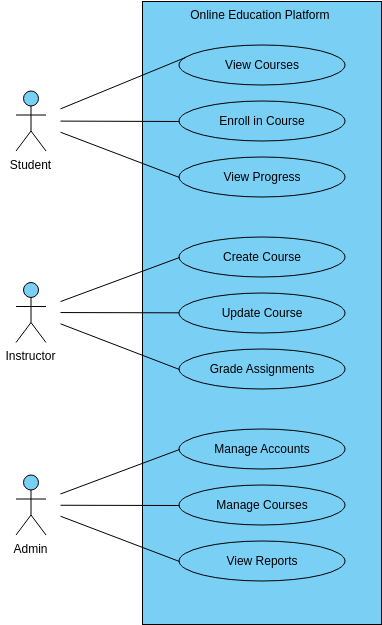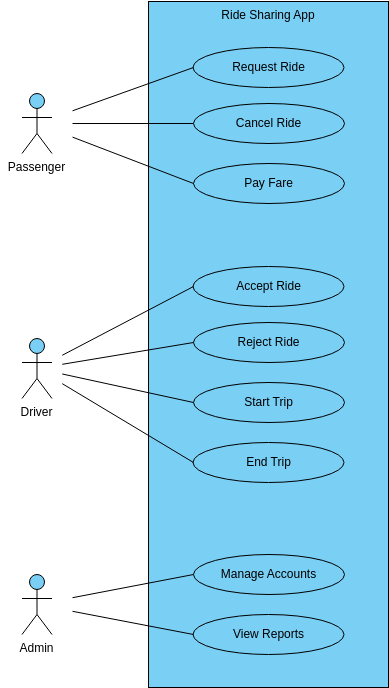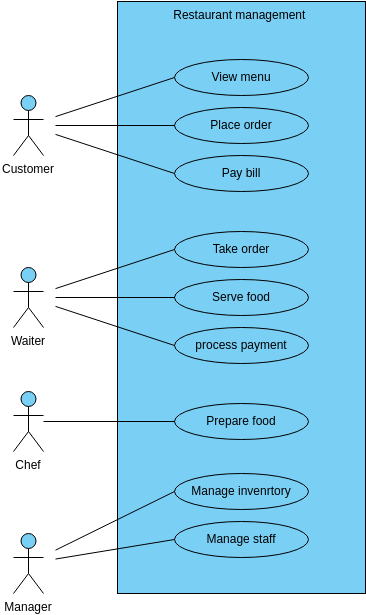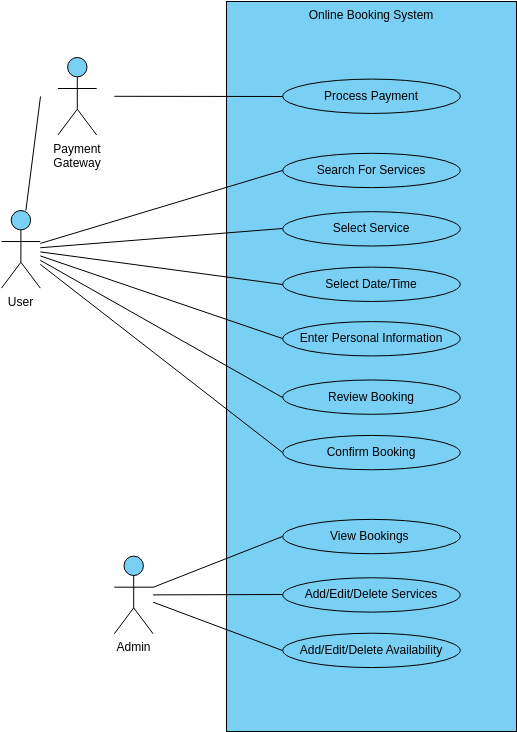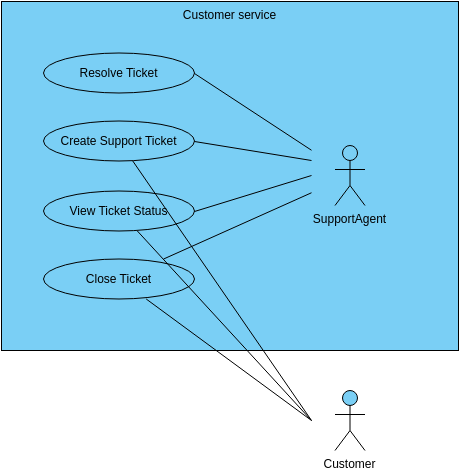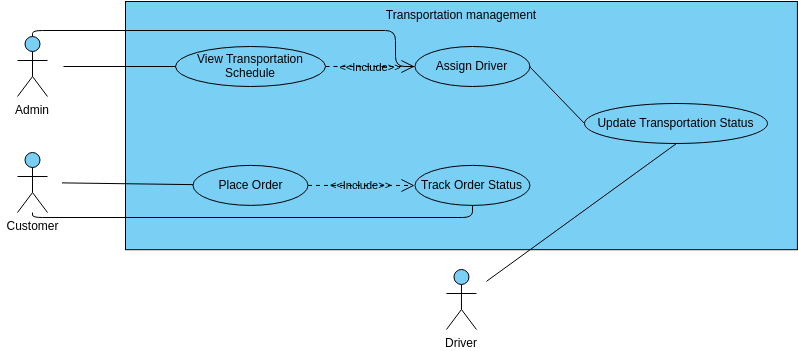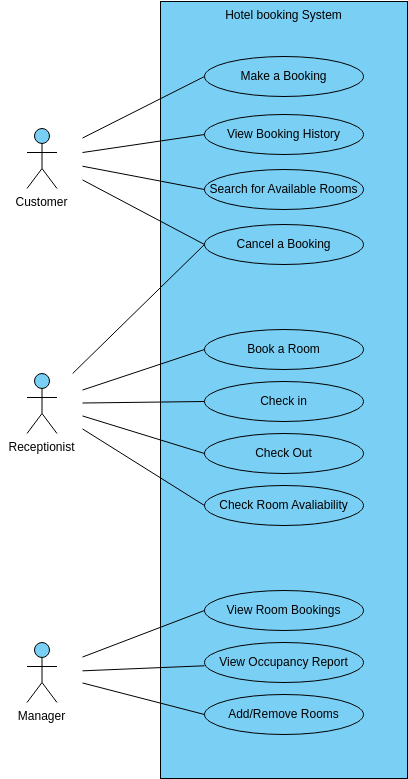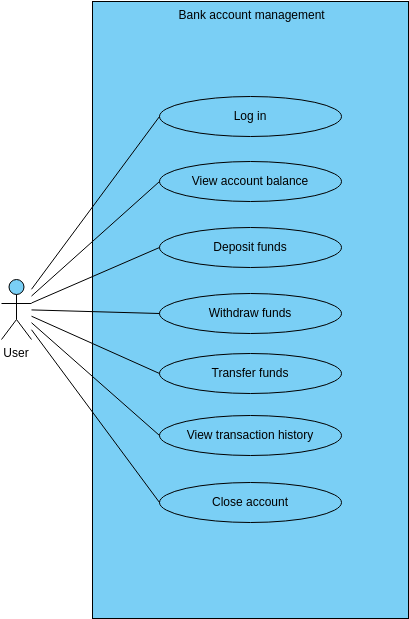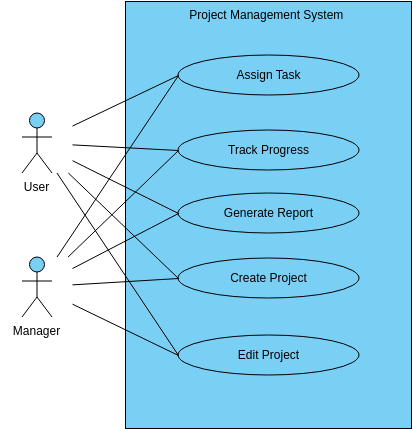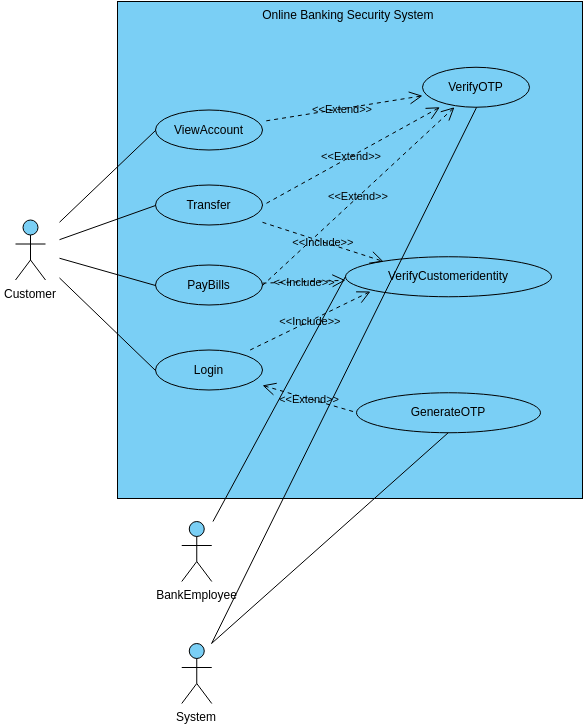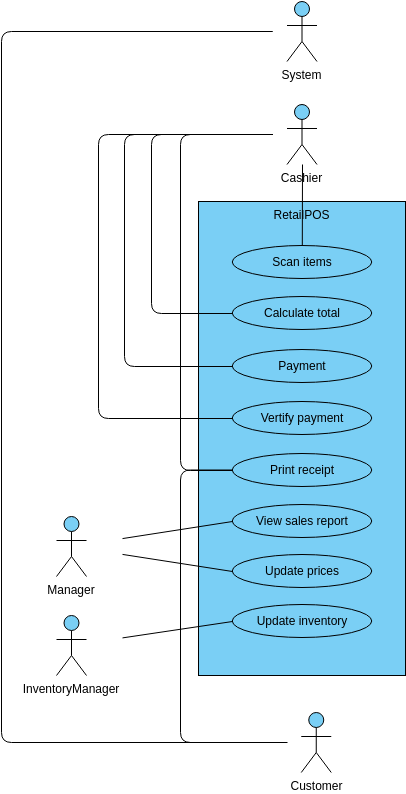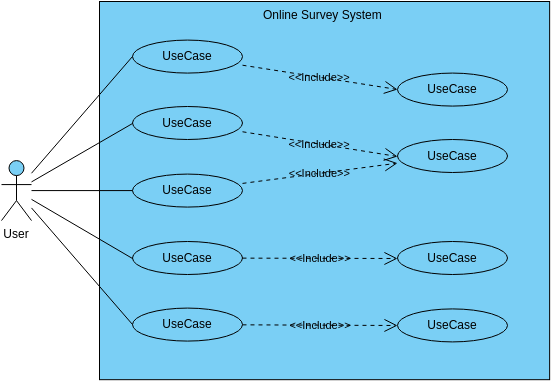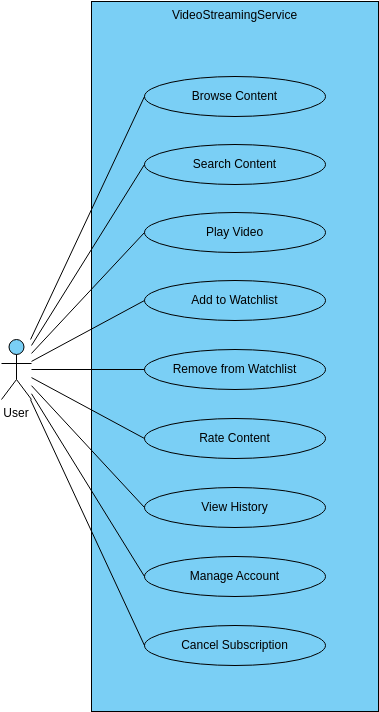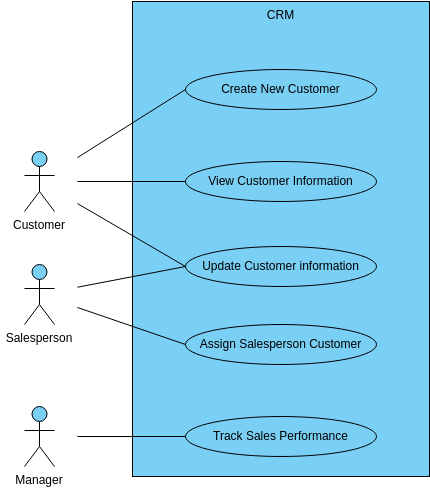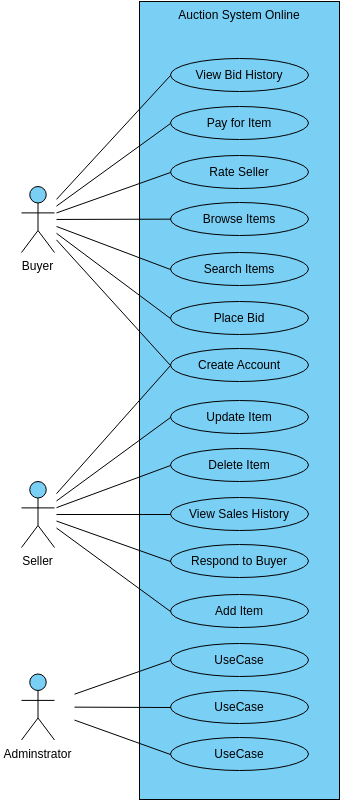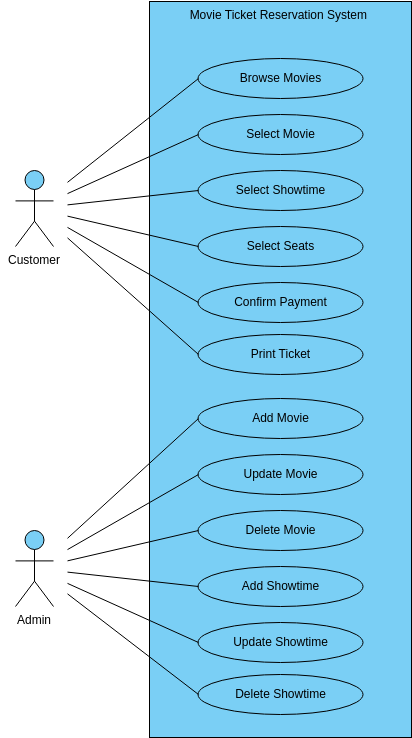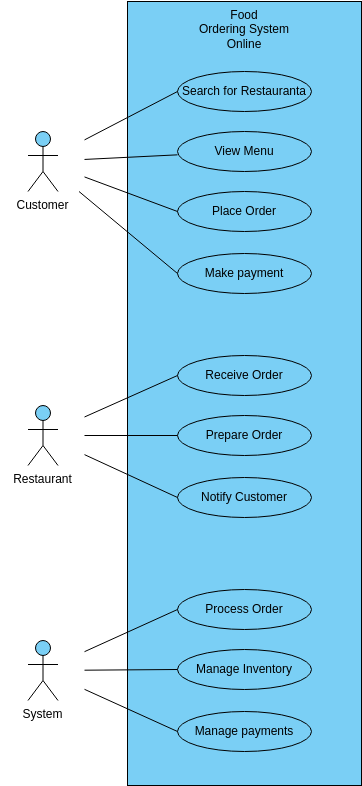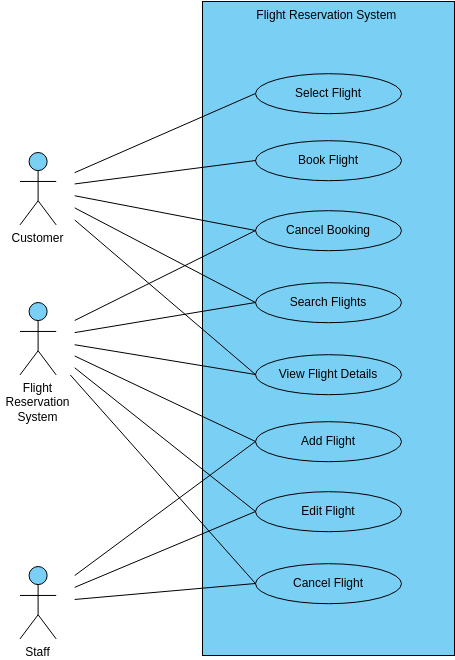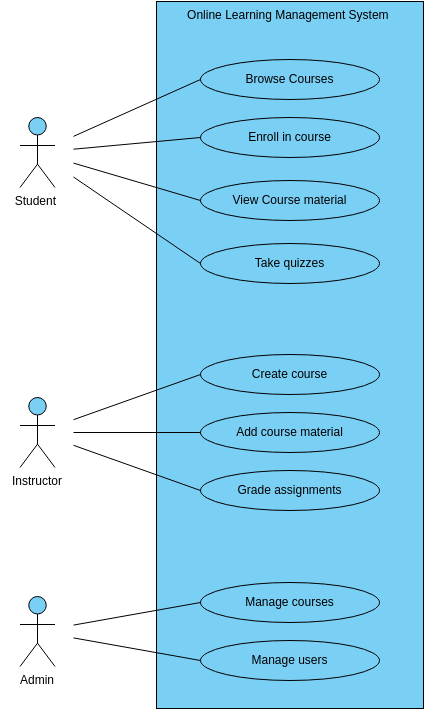An Online Food Ordering System is a software application designed to enable users to order food online from various restaurants. The platform offers a range of features and functionalities to help users view restaurant menus, cancel orders, search for restaurants, place orders, receive payments, and track orders. The use case diagram for the platform helps to identify the key interactions between the user and the system and the different features that the system should offer.
View Restaurant Menu is a use case that enables users to view the menus of various restaurants on the platform. The system should provide users with a list of available restaurants, along with their menus and prices. Users can browse through the menus and select their preferred dishes, along with any special requests or requirements.
Search Restaurant is another use case that enables users to search for restaurants based on specific criteria such as location, cuisine, or ratings. The system should provide users with a list of available restaurants based on their search criteria. Once a user selects a restaurant, they can view the menu and place an order.
Place Order is a key use case that enables users to place an order for food online. The system should provide users with an option to select their preferred dishes, along with any special requests or requirements. Once the order is placed, the system should provide users with an estimated delivery time and any necessary instructions or fees.
Receive Payment, Track Order, and Cancel Order are the final use cases of the Online Food Ordering System. Receive Payment allows users to make payment for their orders using various payment options such as credit cards or online payment gateways. Track Order enables users to track the status of their orders, including the estimated time of delivery and the location of the delivery person. Cancel Order allows users to cancel their orders if necessary, with any necessary instructions or fees provided by the system.
Pros of creating this use case diagram
Creating a use case diagram for an Online Food Ordering System has several benefits. Firstly, it helps to ensure that the system is designed to meet the specific needs of the users. By breaking down the system into smaller use cases, it becomes easier to identify the various features and functionalities that the system should offer, making it more user-friendly and intuitive. This, in turn, can lead to increased user adoption and engagement with the system, ultimately resulting in more successful food orders.
Secondly, the use case diagram helps to identify any potential issues or challenges that may arise during the development of the Online Food Ordering System. By identifying the different use cases and their potential dependencies, it becomes easier to identify any potential conflicts or issues that may arise during the development process. This helps to ensure that the system is designed to be scalable, flexible, and adaptable to changing user needs, ultimately resulting in a more robust and reliable food ordering system.
